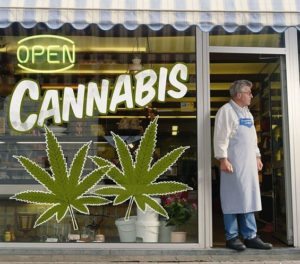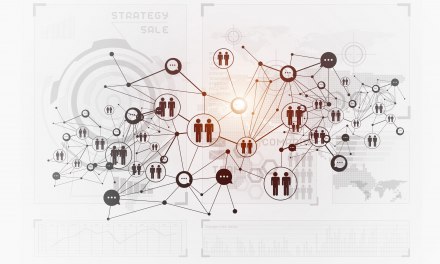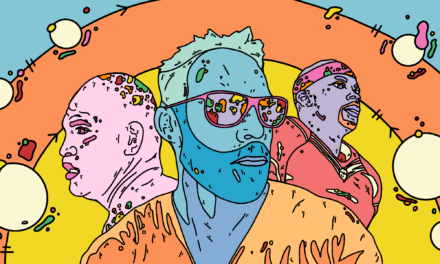In this case, we’re referring specifically to the illicit market for marijuana. After all, it’s been ten years since legalization was first approved in a couple of states. The plan then was to bring cannabis to the public in the form of a quality controlled, commercially profitable, tax revenue-producing industry.
You know, like liquor, and cigarettes.
Once cannabis was legal, the argument went, people wouldn’t need to patronize shady drug dealers. There’d be no more demand for professional criminals to smuggle the stuff into the country in small planes under cover of darkness.
Freed from the burden of enforcement, police could redirect their attention to ‘hard’ drugs, such as heroin, fentanyl, coke and meth, plus whatever else modern chemistry decides to send our way in the coming years.
Well, that hasn’t happened. Not so far, at least.
With cannabis available for so-called ‘recreational’ use by adults in 21 states and the District of Columbia – and for medical use in 39 states and DC — shouldn’t the downward pressure on illegal sales have been obvious by now? Instead, black market activity (and profit, apparently) has actually increased in many parts of the country. And grown even stronger in other parts that haven’t legalized the recreational stuff.
Most experts are in agreement as to the root cause of black market pot’s continued popularity. It’s cheaper.
As every business student knows, the low end of the price continuum is where sales volumes are traditionally highest. And in this case, illegal sellers have the advantage of not paying taxes, or having to live up to laws about product safety. That helps their margins. They can charge less and still make as much or more money.
So yes, it’s unfair to commercial producers, who have to obey the law (if sometimes reluctantly). That’s why the same commercial producers are after state governments to lower those taxes and loosen regulatory requirements in order to, as they put it, “level the playing field.”
Then we’ll put the black marketeers out of business, they insist. As well as enrich themselves and their investors.
The problem: it was the promise of all that extra tax revenue from cannabis sales that motivated states to legalize cannabis in the first place. Why would legislators turn around and reduce or eliminate the very thing that led to their support? Most State governments are still reeling from the burdens of the pandemic. Not to mention progressively freakier weather, and the disasters that follow.
They need more money to cope, not less.
Besides, in the absence of regulation and enforcement, no one seriously expects safety and health standards to be maintained. Any more than we’d expect Big Pharma to toe the line on drug safety without monitoring by the FDA, CDC, etc.
Capitalism just doesn’t work that way.
As one article noted, black marketeers have to compete with one another for market share, too. Their technical experts upgrade their own product lines through improved breeding and growing techniques, in order to gain an advantage over the competition. So if some desperate pot producer feels the need to dust his product with a synthetic — give it that extra oomph preferred by customers – well, who’s to stop them?
One thing we’ve all heard – drug users are often attracted to riskier products. Not scared off.
Anyway, I did hear about a new book on the subject. Haven’t had time to read it myself, but word of mouth has been good. So if you’re interested in this aspect of the industry:













